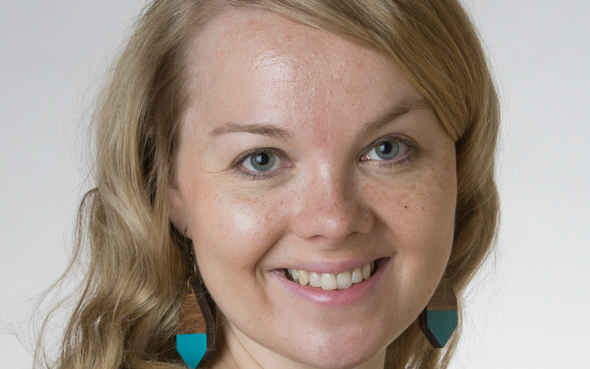Arctic Parliamentarians: Finding Solutions to Climate Challenges

By Katri Kulmuni, Chair of Finnish Delegation to the Conference of Parliamentarians of the Arctic Region, Member of Parliament, Finland
The 12th Conference of Parliamentarians of the Arctic Region took place in Ulan-Ude, Russia, June 14-16, 2016. I had the honour to lead the Finnish delegation and to act as rapporteur in one of the main discussions and workshops.
The themes of the conference were both timely and important: people in a developing Arctic; Arctic cooperation in light of the Conference on Climate Change (COP 21) in Paris; and new opportunities in the Arctic region.
The most important discussion focused of course on climate change. We in the Arctic have witnessed how fast it is evolving and how far-reaching its impacts can be. We are also the first ones to experience the dramatic consequences. Climate change is a fact we cannot deny; it affects all of us whether we like it or not. We see drought increasing in some areas whereas others are becoming wetter and wetter. The living space of the whole humanity is diminishing while our population is growing. All of us can feel the climate warming.
This is why I was pleased to see that all the parliamentarians were taking this threat seriously and wanted to find solutions which could help us mitigate the negative effects. It seems that we have the will to make a difference.
However, the Arctic is not only about challenges. It is also about opportunities, especially new ones. Tourism is one example, and in Finland we have managed to attract vast numbers of people to Lapland where they can marvel the aurora borealis or the midnight sun. Another possibility lies in cold temperatures. Data centres need cooling, which we have in abundance, and different manufacturers need to see if their products work also in low temperatures. These are just a few of the possibilities that the cold itself holds.
A third example could be services related to “old possibilities” for mining and oil and gas production. We know that at least a part of these Arctic resources will be exploited, but we must make sure that it is done in a sustainable way with the least amount of harm to the environment. In this, we – the decision-makers – have a big responsibility. We have to make sure that the codes and norms can channel the production in a sustainable way.
There is even value for the silence and remoteness of the Arctic if we have the imagination to use it. City dwellers, people from unbearably hot areas – they could find the tranquillity and coolness something marvellous.
For me the Arctic is about both opportunities and challenges, but it is also about the people living there. We must pass a clean and vital Arctic to our future generations. This is the responsibility of us all: not only the parliamentarians but also the people, communities and business.
